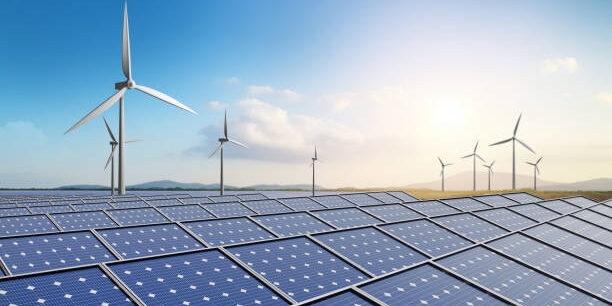As Indonesia continues to strengthen its position in the global economy, experts highlight the vital role of energy logistics in supporting the country’s long-term growth and stability. Amid rising geopolitical challenges and domestic demands, building a resilient and efficient energy supply chain has become a cornerstone of Indonesia’s economic strategy.
An economist from the Institute for Development of Economics and Finance (INDEF) recently emphasized the importance of energy logistics in ensuring a reliable and consistent energy supply across Indonesia’s expansive archipelago, which spans more than 17,000 islands. By improving logistics infrastructure, particularly maritime systems, Indonesia is poised to address its unique geographical challenges and provide equal access to energy in even the most remote areas.
Recent global events, such as the spike in oil prices due to geopolitical tensions, underscore the critical need for a robust energy logistics framework to shield Indonesia from potential supply disruptions. These developments have highlighted the country’s vulnerability to global market fluctuations, making the need for strategic energy logistics even more pressing.
Looking ahead, Indonesia’s ambitious economic goals—aiming for annual growth rates above 6% as part of its 2045 vision—hinge on the availability of a stable and sustainable energy supply. Experts believe that by enhancing energy logistics systems, Indonesia can meet its future energy demands, which will be essential to powering industries and supporting the continued economic growth of the nation.
Furthermore, diversifying energy sources through natural gas, bioenergy, and renewables will strengthen energy security and reduce dependency on a single energy type. These efforts are aligned with the country’s broader commitment to achieving energy resilience, ensuring that businesses and communities have uninterrupted access to the energy they need to thrive.
The role of energy logistics in Indonesia’s future is critical not only for the economic sector but also for ensuring the country’s development is inclusive. With an efficient and sustainable energy supply chain, Indonesia can position itself for continued prosperity and meet the energy needs of its growing economy.
The government’s proactive stance on developing energy logistics infrastructure is expected to foster more innovation and collaboration within the supply chain sector, enabling the country to achieve its economic and sustainability goals.
#ICTTMNews #BreakingNews #SupplyChainSolutions #EnergyLogistics #IndonesiaGrowth #EconomicResilience #NewsUpdate







